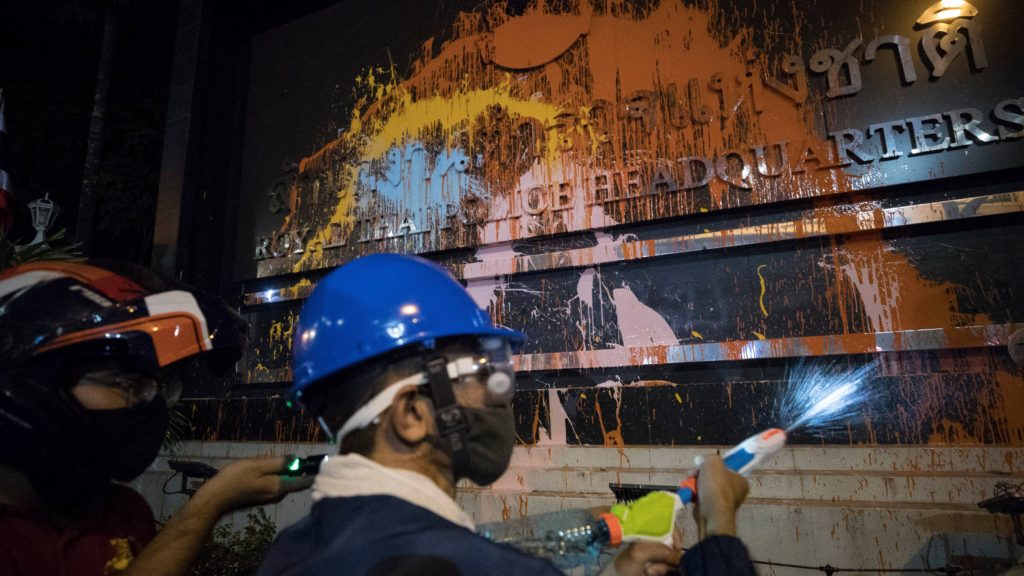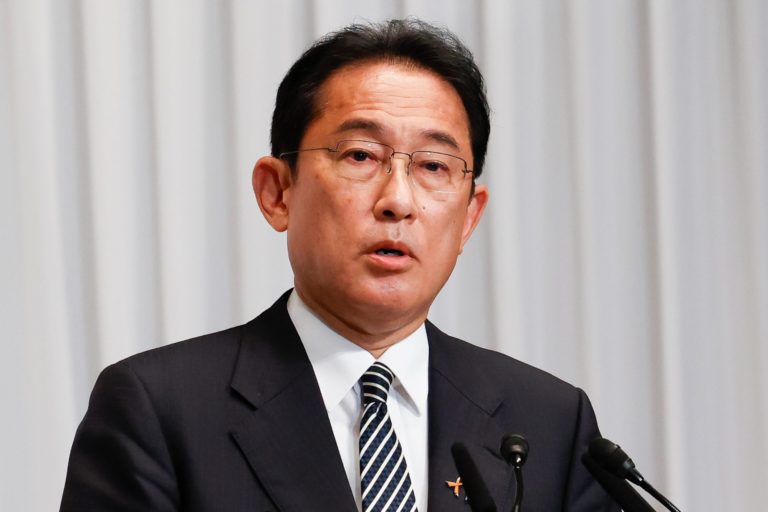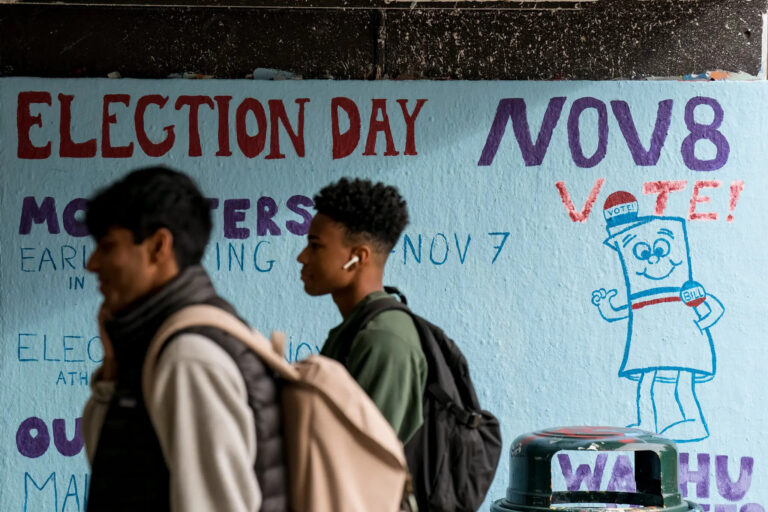
In October of 2016, King Bhumibol Adulyadej of Thailand died after reigning for 70 years. His son, Prince Maha Vajiralongkorn, took the throne not long after, but did not have the same respect and reverence of the people that his father did. King Rama IX, as King Adulyadej was titled, had been in power for so long that most of Thailand could not imagine life without him. To the Thai people, the role of the royal family is practically semi-divine, and King Rama IX was especially loved. When he died, millions tuned into his funeral, and thousands flocked to the royal palace to mourn. There were crowds and large vigils gathered outside his hospital, desperately waiting for some semblance of news of his health, and when his passing was announced, many outside collapsed in sorrow.
Now King Rama X, Vajiralongkorn has done little to earn the same love and devotion that his father once had. He spends much of the year in his main residence in Germany, where he’s lived since 2007. He spent much of his life flying under the radar and living overseas, entering into many different marriages with many different women, having seven children — and subsequently disowning four of them. At the time of his coronation, the average Thai person barely knew anything about him.
Thailand is a constitutional monarchy, and is mainly ruled by a prime minister. Prime Minister Prayut Chan-o-cha seized power in a military coup back in 2014, and has held onto that power ever since despite the farce of a democratic election in 2019. The move to rig the election and discredit his opponents were so thinly-veiled that pro-democracy activists have seen his hold on power as illegitimate ever since, and when his government banned his main opposition in February of this year, they decided they had enough and took to the streets.
Since then, the movement has only grown. Although the movement quieted briefly amidst coronavirus lockdown procedures, it has seen a massive resurgence since Thailand lifted most of its strict lockdown measures in late July. Thousands gather in the streets of Bangkok daily in defiance of anti-protest measures laid out against them, facing arrest, years of jail time, and an aggressive police response. The protestors are calling for Chan-o-cha’s resignation and an overhaul of Thailand’s constitution, in order to move the country towards a more democratic future. They are also breaking from tradition and calling for reform of the monarchy and King Vajiralongkorn – something that has never before been seen on this scale against a Thai monarch.
Aside from the deep-held love the country had for King Rama IX and the contrast between the way he conducted his royal life and the way his son does, another thing keeping the Thai people from questioning the monarchy were their strict lese-majeste laws. Lese-majeste laws are laws that protect the royal family from questioning or dissent by the people, and Thailand has some of the strictest in the world. However, since coming to power, King Vajiralongkorn has increasingly gathered power and wealth in the monarchy and attempted to enhance the luxury of the role, filling it in ways his father never would have. The contrast between him and his beloved father has become almost offensive to many Thai people, and they are willing to risk arrest and harsh sedition charges to express their displeasure. Violations of these lese-majeste laws are some of the primary charges levied against the protestors.
Much like in Hong Kong, many of the protestors are quite young. Those of the older generation tend to side with the monarchy and will honor the role of the king no matter what, in line with Thai tradition. Dressed in yellow, the traditional color of the king, thousands of older counter-protestors showed up to support his motorcade as he rode through Bangkok and called for unity among the people. The divide between the younger and older generations in Thailand is becoming more and more harsh, as the younger desperately clamor for democracy, while the older cling to the institution of the king.
Would democracy in Thailand work? Or if the younger protestors are successful, would it further fracture the country as the older generations spiral into further counter-protests? Thailand has a history of military coups and incredibly corrupt leaders, with a complete lack of transparency and political divides being rampant and aggressive. There doesn’t seem to be a path to pleasing one group without significantly upsetting another, and neither one makes up enough of Thailand to make their path clear.
The support for Chan-o-cha doesn’t seem to be as aggressive as the support for the monarchy, so the compromise may be to strip Chan-o-cha of some of his powers and attempt to modify some of the powers of the prime minister, while still continuing to discuss the powers of the monarchy.



